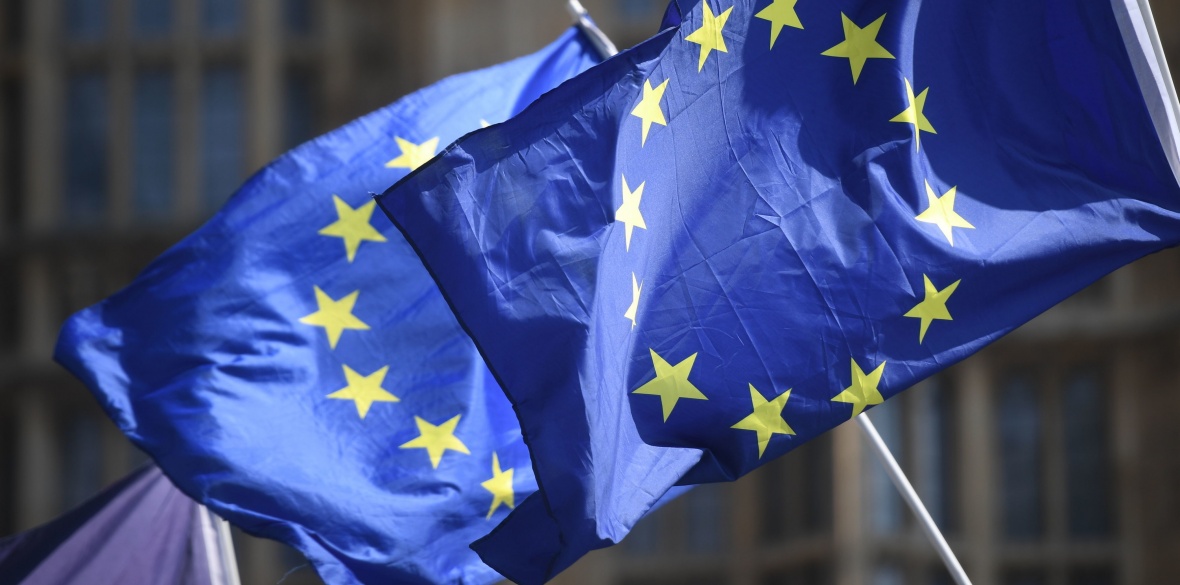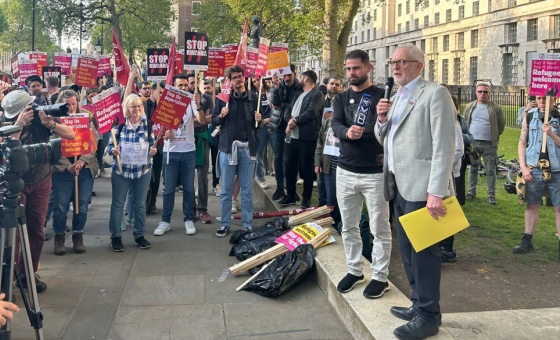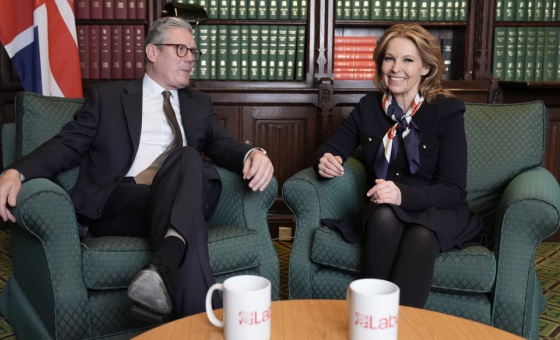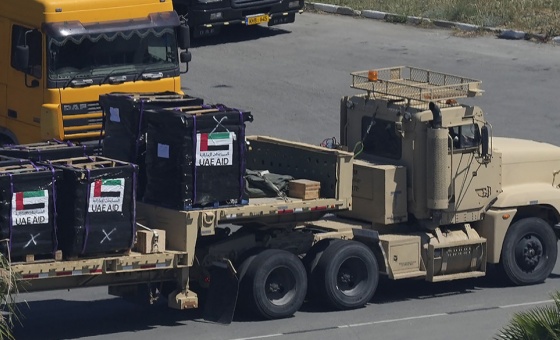This is the last article you can read this month
You can read more article this month
You can read more articles this month
Sorry your limit is up for this month
Reset on:
Please help support the Morning Star by subscribing here
THE European Union’s corporate leaders havn’t just reserved their deregulating, anti-trade union, anti-workers’ rights agenda for their own member states on home turf.
They have been keen to extend this policy on the already fertile ground of the southern states of the US.
They’ve exploited some of the weakest labour laws and strongest pro-business environments in the world.
We are often told that the regulated models of the EU compare favourably with the deregulated models of the US.
In reality, leading EU corporations are on the prowl, particularly in the former slave states, and displaying their fangs off the leash globally.
In the process they are showing just why they want to deregulate so much at home.
This has all been exposed in a recent joint report by the American Federation of Labour-Central Industrial Organisation (AFL-CIO) and the European TUC (ETUC) called The Double Standard at Work: European Corporate Investment and Workers’ Rights in the American South.
The dominant economic, social and political model in the US South has forced it into the bottom tier among US states under every measure of people’s well-being — living standards, employment security and legislation, health, education, environmental protection, democratic participation and more.
This is being ruthlessly exploited by European corporations. Good old-fashioned union-busting is back with a vengeance.
In the light of increased European corporate investment over the last 25 years, some companies have “interfered with freedom of association, launched aggressive campaigns against employees’ organizing attempts and failed to bargain in good faith when workers choose union representation.”
US Southern states are clustered at the bottom of all states for levels of trade union representation.
Eleven Southern states are in the lowest 20; six of them are in the bottom eight states. North Carolina and South Carolina are numvers 49 and 50, at 4 per cent and 3.6 per cent union density.
Average union representation for the former confederate states is 6 per cent. In contrast, average union representation for the 12 highest-density states is 17.3 per cent, with New York state highest at 24 per cent of its workers represented by unions.
While it does not directly affect private-sector multinational firms investing in the US South, every Southern state has adopted laws that prohibit collective bargaining by public-sector workers and this exemplifies the conducive environment that state leaders flaunt to attract corporate investment.
Workplace suppression is matched by what the Americans call voter suppression. Southern states disproportionately adopt “voter suppression” measures, making it more difficult for citizens to vote, and such tactics are aimed at reducing African-American turnout in local, state and federal elections.
For example, nine Southern states, out of just 15 states nationwide, require a government-issued photo identification to vote.
Southern states also disproportionately draw congressional district boundaries to ensure Republican victories in all but a few “packed” (with African-American voters) districts.
The report looks in detail of the anti-union activities of eight leading EU-based companies, Airbus, Fresenius Medical Care, Ikea, Lifestyle Services Group, Sky Chefs, Nestle, Schellecke, Skanska, ThyssenKrupp and Volkswagen.
The accounts of the employers’ actions make your blood boil and the resistance of workforces and unions is heartening, packed with courage and determination.
The patterns of corporate misbehaviour to get unions away at all costs are similar within the various ferocious onslaughts that have been launched.
Airbus likes to hold “captive audience” meetings — attendance is compulsory to hear bosses threaten fire and brimstone if people join a union.
The employer offers unmediated industrial and personnel relations, they say: “We told all the people we recruited that we were planning to create an environment where employees have a direct relationship with management.”
Fresenius interrogates its employees about their union activities and support for the union and refuses to give wage increases to workers involved in organising.
Ikea has a lot in its anti-union armoury. It was caught out:
** Telling workers that union representatives were engaged in “invasion of privacy” by contacting them
** Surveilling workers’ union activities
** Telling workers that management would undertake a “witch-hunt” against union supporters
** Putting anti-union propaganda on bulletin boards around the store
** Disseminating false, derogatory statements to workers about union supporters and
** Turning “team meetings” into anti-union forums with implicit threats of negative consequences if workers pursued an organising effort.
At Nestle one brave young worker spoke out against the sustained campaign against them by HR managers flown in from all over the country to swamp plants with propaganda.
Kim Carmichael, a 17-year Nestle employee, spoke of her experience: “There were HR people from everywhere, from California. They stayed a week at a time, then a new group came in, then the others would come back.
“We had two or three meetings with everybody every week before the election, plus small meetings, they would go around and talk to people in small groups, all about how bad the union is.
“The union told us how Nestle in Europe accepts unions, they don’t fight them, but this was totally the opposite of what they did here.”
Schellnecke, like others, prohibited employees from talking about the union at work (while allowing them to talk about other non work-related topics); and disciplined two union supporters for talking about the union in the workplace.
Doug Nicholls is general secretary of the General Federation of Trade Unions.










